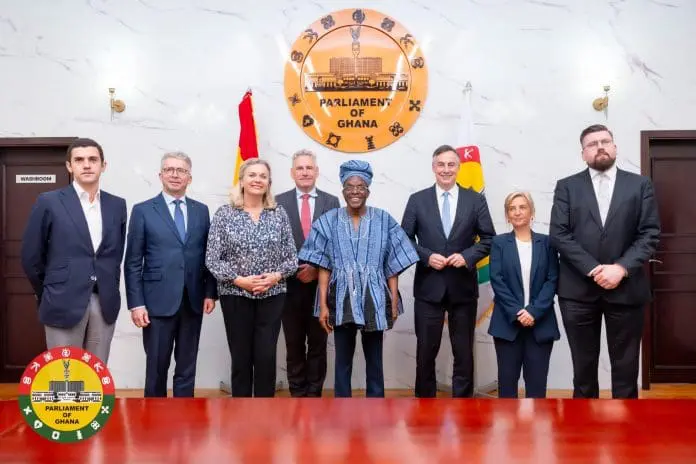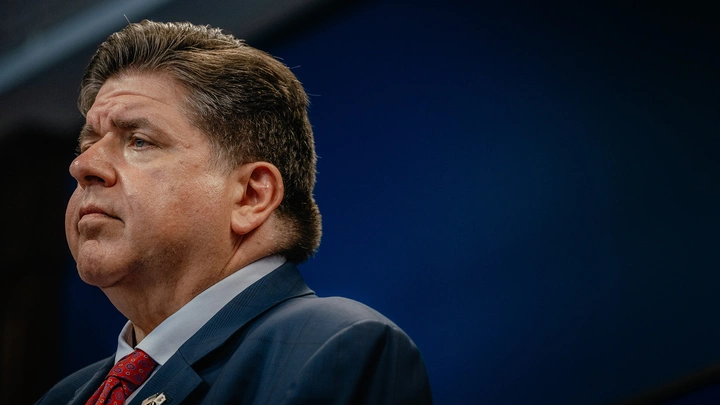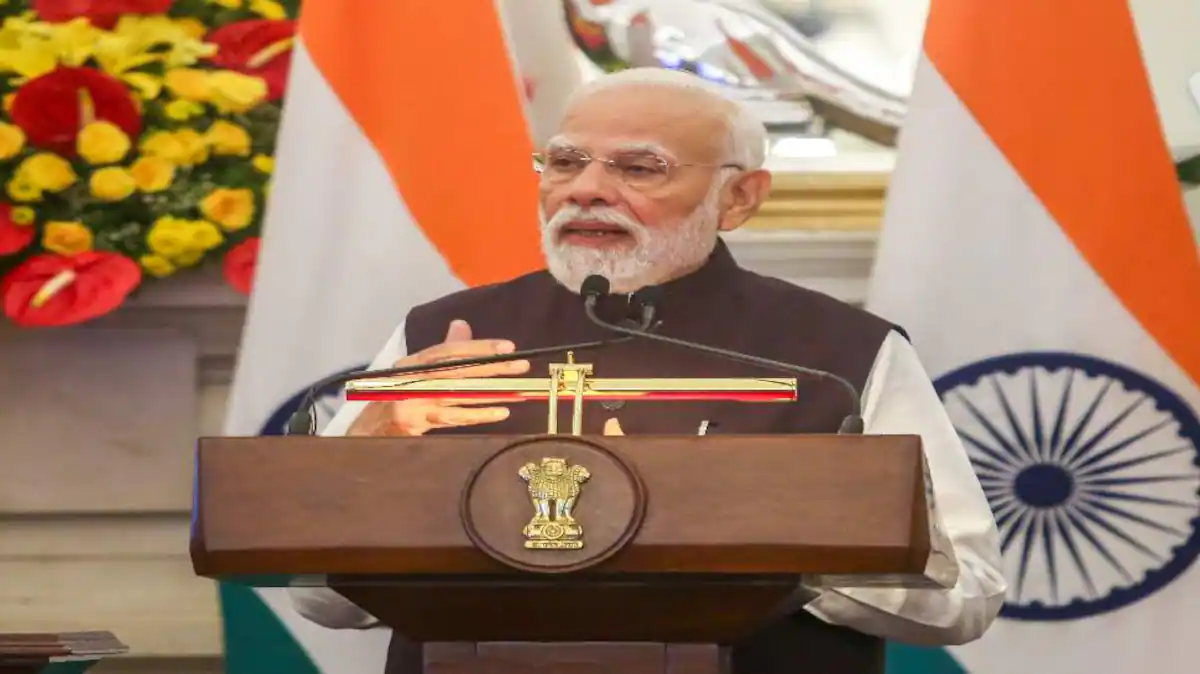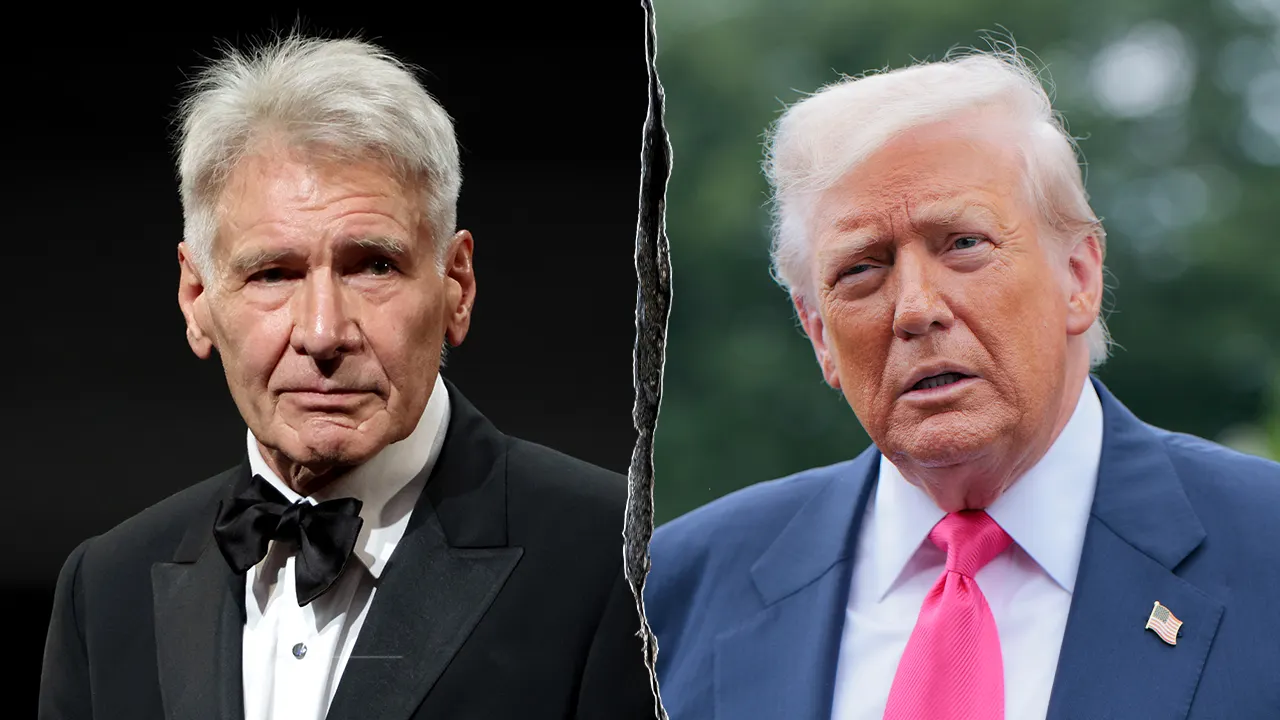Copyright ghanamma

Six members of the European Parliament completed a two-day visit to Ghana this week that deepened bilateral cooperation but also sparked diplomatic tensions after the delegation leader urged Ghana to carefully scrutinize its expanding trade relationship with China. David McAllister, Chair of the European Parliament’s Committee on Foreign Affairs, led the mission from October 28 to 29, accompanied by EU Ambassador to Ghana Rune Skinnebach and MEPs Sebastião Bugalho, Christophe Gomart, Željana Zovko, Marta Temido, and Sebastian Tynkkynen. The visit, part of a broader West African tour that included Nigeria, aimed to reinforce inter-parliamentary relations between Accra and Brussels. During an interactive session with students at the Ghana Institute of Management and Public Administration on Wednesday, McAllister cautioned that while new trade agreements with China might appear generous, they could deepen trade imbalances and create dependencies that may not benefit Ghana’s long-term development goals. His comments came in response to a student’s question about Ghana’s recent discussions with China to establish a zero-tariff trade arrangement for certain products. McAllister described the EU’s Economic Partnership Agreement with Ghana as balanced and sustainable, asserting that China’s trade model is driven by different motives and values. This comparison didn’t sit well with Chinese officials in Accra, who responded forcefully within hours of his remarks becoming public. The Chinese Embassy in Ghana issued a statement on Friday rejecting McAllister’s comments as false and misleading, arguing that such assertions undermined efforts by China and Ghana to strengthen economic cooperation and expand opportunities for Ghanaian exports. The Embassy described McAllister’s statements as absurd and ridiculous, suggesting he hadn’t done his homework to learn that the zero-tariff treatment is China’s initiative to voluntarily and unilaterally open its market wider. The Embassy cited data from the Ghana Investment Promotion Centre indicating that China had become Ghana’s largest investment partner, with 22 registered projects in the first half of 2025 alone. It questioned which other partner dares to claim comparable contributions to Ghana’s infrastructure development, listing roads, bridges, factories, and hospitals as examples of Chinese support. President Mahama himself announced that Ghana would finalize the early-harvest agreement of the zero-tariff treatment during his visit to China and meeting with President Xi Jinping just two weeks ago, the Embassy noted. The statement also took issue with what it described as Europe’s tendency to lecture rather than listen, urging Western leaders to focus more on supporting African-led growth rather than criticizing the engagement of other partners. Despite this diplomatic spat, the broader visit reinforced the EU’s strategic partnership with Ghana. McAllister described Ghana as a beacon of democracy and stability in an increasingly volatile region, praising the country’s democratic resilience and peaceful political transitions since 1992. He noted that Ghana’s commitment to the rule of law, democratic governance, and regional peace had earned it respect within the European Union and the broader international community. The MEPs held constructive discussions with Speaker of Parliament Alban Kingsford Sumana Bagbin, members of the Parliamentary Foreign Affairs Committee, and former diplomats at the Ministry of Foreign Affairs. Conversations centered on shared commitments to democratic governance, regional stability, and equitable trade relations. Speaker Bagbin commended the European Union for its continued role as a key partner to Ghana, highlighting cooperation in areas such as security, trade, climate resilience, and promotion of a rules-based international order. The exchange demonstrated the depth of parliamentary ties between the two sides, even as broader geopolitical tensions surfaced during public engagements. The delegation toured the DEK Vaccines project site, a flagship initiative under the EU’s Global Gateway strategy that supports the development of local vaccine manufacturing capacity in Ghana. McAllister cited this project as an example of Europe’s new blueprint for partnership with Africa, focusing on building smart, clean, and secure links in energy, transport, and digital sectors while strengthening local capacities in health and education. The vaccine factory, expected to start production by 2026, represents the EU’s commitment to helping build resilient economies and infrastructure fit for the 21st century. This project is expected to strengthen Africa’s health sovereignty by enabling regional vaccine production and technology transfer, reducing the continent’s dependence on imported vaccines that became acutely problematic during the COVID-19 pandemic. At GIMPA, the youth engagement session jointly organized by the EU Delegation to Ghana, the university, and the National Youth Authority provided a platform for Ghanaian youth to share their perspectives on global development challenges. The event, attended by members of the EU Youth Sounding Board and National Youth Authority representatives, focused on the EU’s role in empowering Ghana’s next generation. Discussions covered the African Continental Free Trade Area’s potential, climate action, and digital transformation, reinforcing the EU’s commitment to supporting Ghana’s development priorities through investment, skills training, and inclusive growth. McAllister explained that the EU’s engagement with Ghana had evolved beyond traditional aid to encompass political, trade, and strategic cooperation. However, his comments about US foreign policy raised eyebrows. McAllister remarked that the United States should be leading, not leaving international institutions. He noted the effects of US cuts to USAID and other development programs, saying these decisions have left noticeable gaps in regions facing famine and humanitarian crises. The European Union is trying to fill some of these gaps, McAllister acknowledged, but Europe does not have the financial capacity to cover them all. This frank assessment reflects growing concern in European capitals about American retreat from multilateral development assistance under the Trump administration, leaving allies scrambling to maintain programs they view as strategically important. McAllister reaffirmed that Europe’s foreign policy approach remains grounded in multilateralism, cooperation, and defense of the international rules-based order. He expressed the EU’s desire to work closely with Ghana and other African nations to promote peace, stability, and economic resilience in an increasingly competitive global landscape. He praised Ghana as a leader in democratic governance, peacekeeping, and regional diplomacy within the Economic Community of West African States. In many parts of Africa, constitutional governance cannot be taken for granted, he noted, implicitly referencing the recent wave of military coups in neighboring Sahel countries. The visit underscored the EU’s ongoing partnership with Ghana under the EU-Ghana Cooperation Agreement, which focuses on sustainable economic growth, institutional strengthening, and long-term peacebuilding in West Africa. McAllister stated that the EU remains Ghana’s largest trading partner and development donor, providing a fair and balanced framework for Ghana to compete regionally and globally. He outlined the EU’s joint programming strategy in Ghana, aligned with flagship global initiatives such as the European Green Deal, the Global Gateway, the EU Gender Action Plan, and the EU Youth Action Plan. These frameworks guide cooperation in promoting sustainable cocoa production, expanding energy access, strengthening vaccine and pharmaceutical production, and addressing climate and security challenges in northern Ghana. The Global Gateway initiative represents the EU’s attempt to go beyond traditional donor-recipient relations to foster political and economic cooperation built on equality and sustainability. However, the initiative also competes directly with China’s Belt and Road Initiative, which has already financed billions of dollars in African infrastructure over the past decade. This competition for influence in Africa explains the sensitivity around McAllister’s comments about China. European officials increasingly worry that Chinese economic engagement in Africa comes with strings attached, from unsustainable debt burdens to political pressure that undermines democratic governance. Chinese officials counter that Europe lectures African nations while offering less concrete support than China provides. Ghana finds itself navigating these competing pressures as it seeks to maximize benefits from relationships with both Europe and China. The country signed an Economic Partnership Agreement with the EU that provides duty-free access to European markets for most Ghanaian exports. Simultaneously, Ghana has secured Chinese financing for major infrastructure projects and recently negotiated the zero-tariff arrangement McAllister questioned. The diplomatic dustup over McAllister’s remarks highlights how African countries have become contested spaces where major powers compete for influence through trade deals, infrastructure financing, and development assistance. Ghana’s leaders must balance these relationships carefully, extracting maximum benefit while avoiding overdependence on any single partner. McAllister acknowledged Ghana’s sovereign right to choose its partners but urged African nations to scrutinize the long-term benefits of trade offers from global powers. This framing positions the EU as offering advice rather than dictating policy, though the tone struck many observers as patronizing given Europe’s own mixed record of economic engagement with Africa. The Chinese Embassy’s sharp response suggests Beijing views such comments as part of a broader European and American campaign to undermine China’s growing influence in Africa. The statement urged McAllister to listen more and lecture less, promoting more European trade policies in favor of African development rather than engaging in baseless defamation against other nations. This exchange reveals the underlying tensions in contemporary African development politics. Ghana and other African countries increasingly assert their agency in choosing development partners and reject being treated as pawns in great power competition. Yet they also recognize the risks of overdependence on any single partner, whether European, American, or Chinese. For Ghana, the practical challenge involves securing maximum benefit from all partnerships while maintaining strategic autonomy. This means accepting Chinese infrastructure financing without falling into debt traps, accessing European markets without accepting unfavorable terms, and engaging American investors without succumbing to policy conditionality. The MEPs’ visit confirmed Ghana matters to Europe, not just as a trading partner but as a democratic anchor in an increasingly unstable region. With military governments now ruling in Mali, Burkina Faso, and Niger, Ghana’s continued democratic governance provides Europe with a reliable partner in West Africa. McAllister emphasized this strategic dimension when he stated that what happens in Ghana matters to Europe and that the EU stands by Ghana’s side to play a constructive role in keeping West Africa stable. This commitment reflects genuine European security interests in preventing further democratic backsliding and conflict in the region. However, maintaining this partnership requires Europe to offer tangible benefits beyond rhetorical support for democracy. Ghana needs infrastructure investment, market access, technology transfer, and development financing. Whether Europe can compete effectively with China’s more transactional approach while maintaining its emphasis on governance and sustainability remains an open question. The visit ended on a positive note regarding bilateral relations, despite the China controversy. Both sides reaffirmed commitment to strengthening cooperation across multiple sectors and continuing dialogue on shared challenges. The DEK Vaccines project and other Global Gateway initiatives demonstrate Europe’s willingness to invest substantially in Ghana’s development priorities. Yet the diplomatic friction over China comments serves as a reminder that Ghana operates in a multipolar world where it must navigate complex relationships with multiple major powers. The days when African countries simply accepted Western guidance on economic policy have passed. Ghana and its neighbors increasingly assert their right to engage with all partners on terms they determine serve their national interests.



